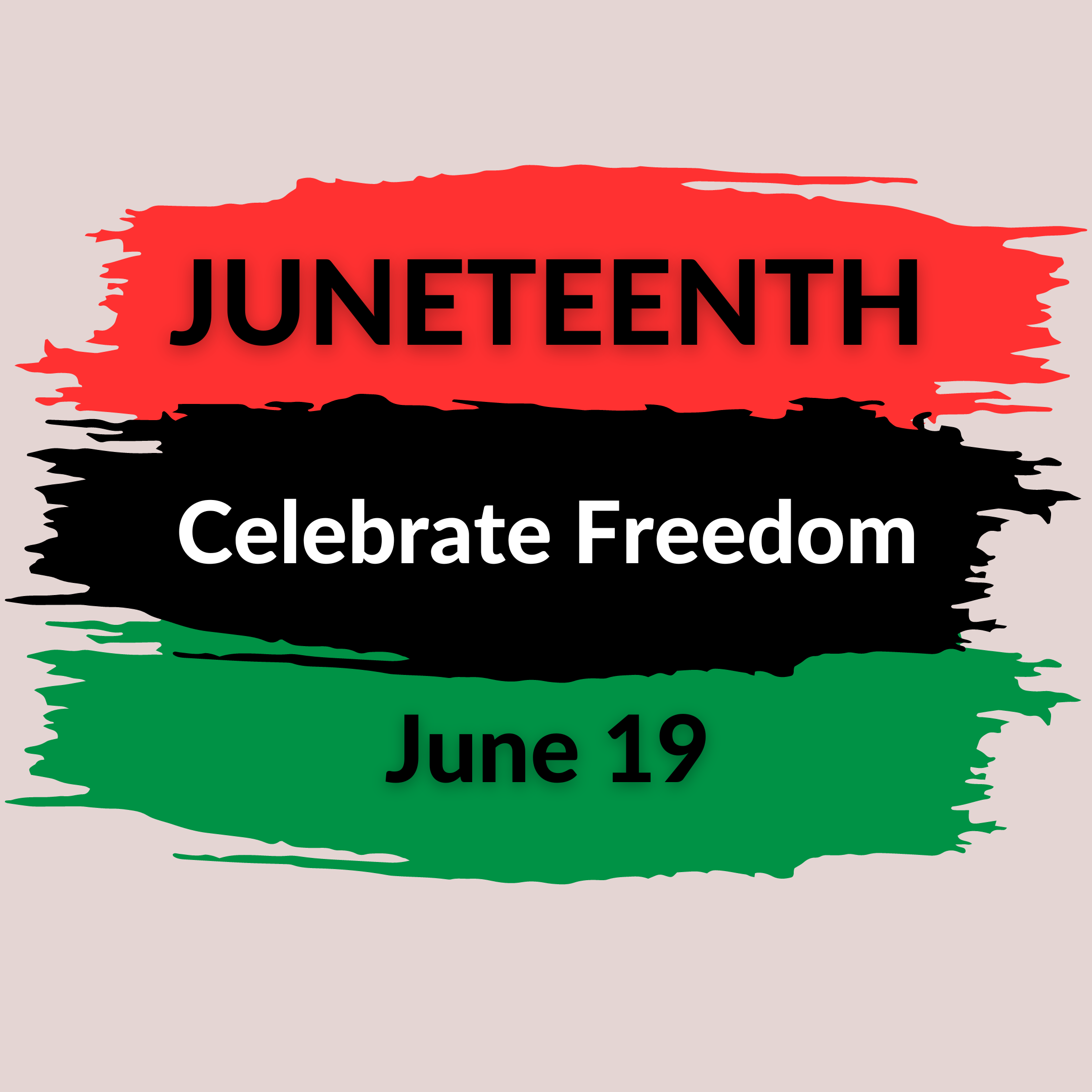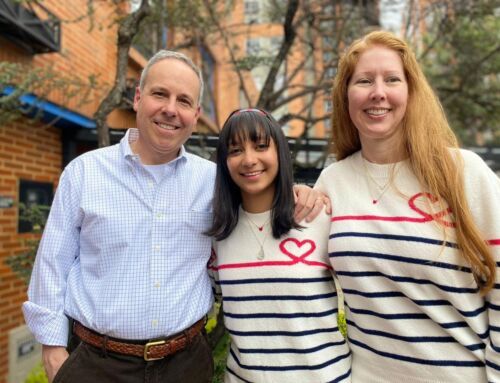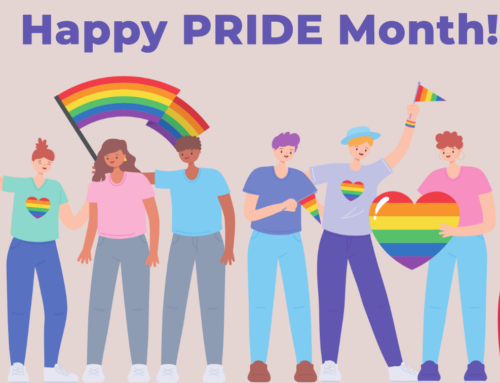Celebrating Juneteenth

June 19 is a holiday called Juneteenth, also known as Freedom Day, Liberation Day, or Emancipation Day. Juneteenth is a national holiday celebrating African-American liberation and commemorates the official end of American slavery. Juneteenth helps Americans remember the atrocities committed in the past so that we can learn from our mistakes, show compassion to Black members of our society, and avoid making the same mistakes again. It represents an idea called Sankofa: knowing one’s history to strategically plan for the future. Juneteenth was made a federal holiday in 2021 by President Joe Biden, after the murders of George Floyd and Breonna Taylor, and the Black Lives Movement reengaged America’s interest in Juneteenth.
African American history and culture has had many traumatic events, such as slavery, but also a long history of resilience and joy. Juneteenth can be celebrated by attending local parades or festivals, learning about the history of emancipation in America, cooking food, grilling or spending time with family. In Los Angeles, you can celebrate at the California African American Museum (CAAM) on Sunday, June 18, with the Los Angeles Public Library or at Leimert Park on Monday at the Juneteenth Festival.
Kidsave is committed to diversity, equity, inclusion, and justice. In May 2023, we launched the EMBRACE project, which stands for Expanding Meaningful Black Relationships And Creating Equity. This initiative aims to cultivate solutions to improve health and life outcomes for Black youth in our national foster care system.
Currently, there’s a disproportionate amount of Black youth in child welfare in comparison to the percentage of Black youth in America; they are overrepresented and often overlooked and their stories not heard. Kidsave aims to change this narrative and increase support by connecting Black families and youth to uplift life outcomes.
To do this, we are partnering with the Dave Thomas Foundation and Gallup Center on Black Voices to conduct a national research study to better understand the nuances of Black community involvement in foster care, mentorship and adoption. We hope the EMBRACE project helps to raise awareness of this conversation and begin removing any barriers to Black family involvement and connections with Black foster youth.
We are excited to acknowledge the history and struggle our brothers and sisters experience, find a local Juneteenth celebration and rejoice in the possibilities of Black Futures.




